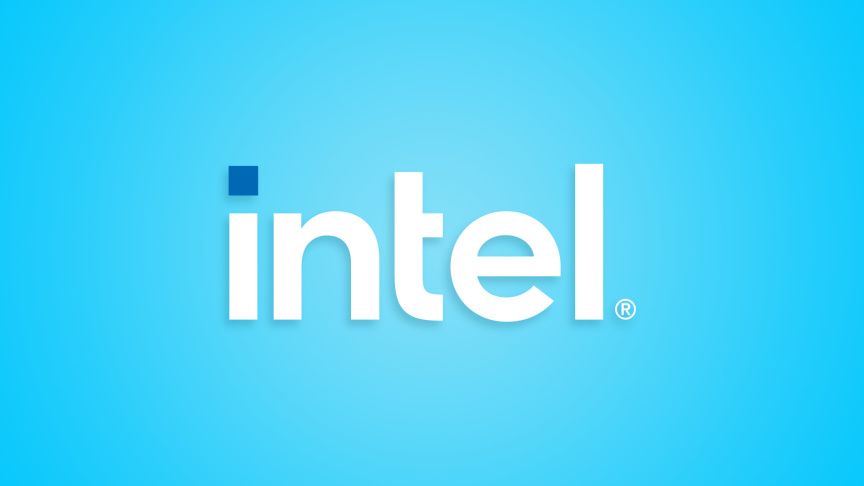Intel has been struggling with its manufacturing capabilities for years, especially with its efforts to produce CPUs on a more-efficient 7nm architecture. However, Intel today announced a massive expansion in its manufacturing plans, which involves outsourcing some designs to other plants and becoming a factory for chips designed by other companies.
The company's CEO Pat Gelsinger has revealed that Intel will invest around $20 billion to build two new factories located in Arizona. The factory won't just be for the firm's own chips, either — a new Intel Foundry Services division will start manufacturing chips for other commercial customers, similar to how Taiwan Semiconductor Manufacturing Company (TSMC) produces chips for Apple, Qualcomm, Samsung, and many other companies. Intel says it will offer manufacturing for x86, ARM, and RISC-V products, with factories located in Europe and the United States. The new plant locations could be important to some potential customers, as most of the competitors only have factories in Taiwan or mainland China.
At the same time, Intel will begin looking to third-party foundries to produce "products at the core of Intel’s computing offerings for both client and data center segments beginning in 2023." That means we might see Intel Core CPUs manufactured by TSMC and other factories in the not-so-far-off future.
Finally, Intel confirmed that it's still working on a manufacturing process for 7nm chips, which the company has struggled with for years. "Intel expects to tape in the compute tile for its first 7nm client CPU (code-named 'Meteor Lake') in the second quarter of this year," the company said in an announcement. Intel's high-end desktop processors have been built on a 14nm process since 2014.
It remains to be seen if Intel can remain competitive, even with its new multi-pronged product strategy. Here's hoping the long-standing tech titan can make a strong comeback, because more competition usually means more options and better pricing for everyone.

